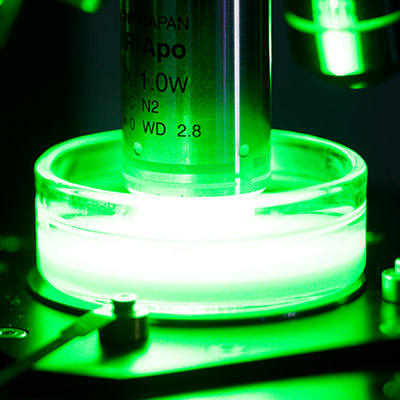News

New Body-Fluid Biomarker for Parkinson’s Disease Discovered
A misfolded protein facilitates reliable diagnosis even in the early stages of Parkinson’s disease in body fluids.
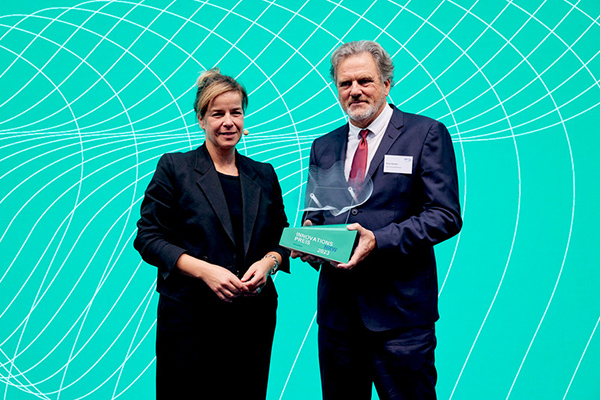
Klaus Gerwert receives the innovation award from the state of North Rhine-Westphalia
Detecting neurodegenerative diseases at an early stage – this is possible thanks to the biophysicist’s research. ...
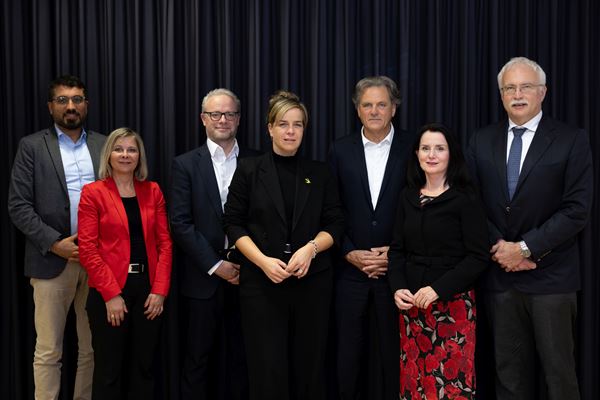
NRW Minister of Economic Affairs Mona Neubaur visits start-up betaSENSE
Detecting neurodegenerative diseases at an early stage - this is possible thanks to protein research in Bochum. ...
more (only in German)
Challenges of an ageing society
However, with increasing life expectancy, classic diseases of the elderly such as cancer and neurological diseases continue to increase. This poses major social and economic challenges not only for those affected and their relatives, but also for our healthcare system.
Our mission
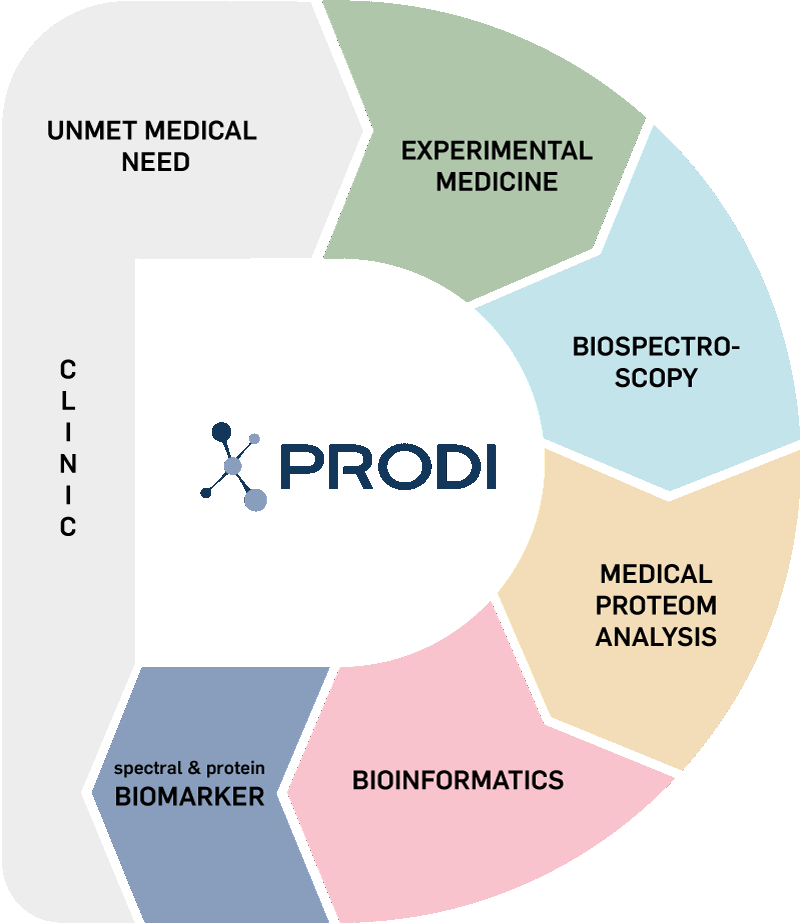
Method development for (early) diagnostics and therapy prediction
In order to meet the challenges of an ageing society, the primary goal at the Centre for Protein Diagnostics (PRODI) is the development of new, minimally invasive methods for diagnostics and therapy prediction. The focus is on neurological and oncological diseases. In particular, innovative methods are being developed that provide precise information about diseases and individual therapy responses already at early stages of the disease.
Goals of PRODI
1. further development and application of marker-free vibration spectroscopic, proteome-analytical and bioinformatics methods in basic protein research and in application-oriented diagnostics and therapy prediction of neurological and oncological diseases
2. translation of the methods into the clinic
3. support of start-ups in the “seed” phase; first PRODI start-up is betaSENSE GmbH
Our vision
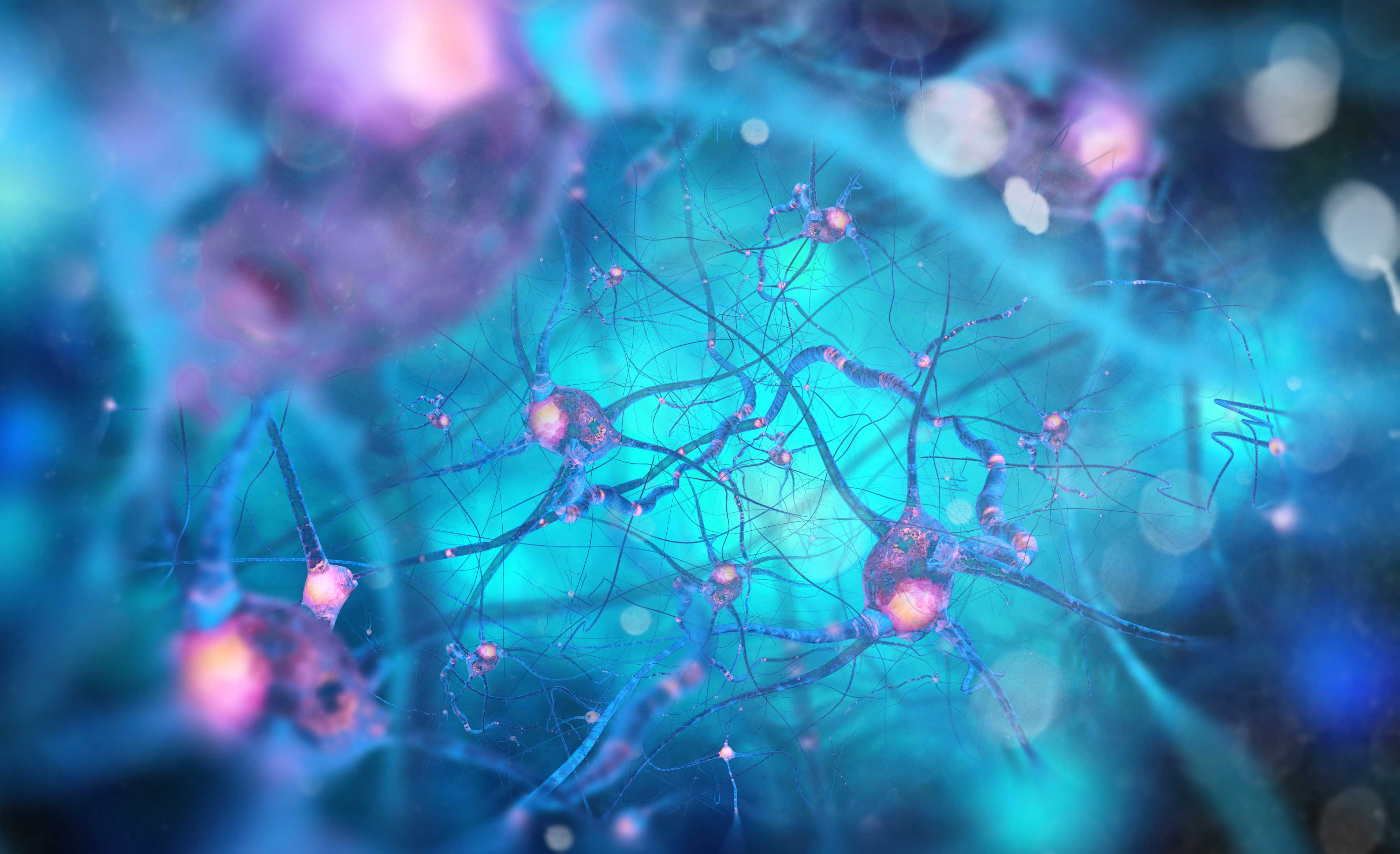
When proteins make you sick
Practically all oncological and neurodegenerative diseases are associated with protein changes. Proteins regulate all life processes in nature and determine, among other things, the growth and division of cells. Even changes in a single protein can trigger serious oncological and neurodegenerative diseases. Often, macroscopically visible, morphological changes in tissue do not occur until many years after the protein changes have occurred. Therefore, at the Centre for Protein Diagnostics we analyse macroscopic changes in tissue, changes in cells as well as protein changes on the molecular level across scales. The investigations of proteins at the molecular level complement the work at the Chair of Biophysics at the Ruhr University Bochum.
Detecting diseases earlier
The protein changes mentioned can serve as biomarkers to detect diseases phenotypically in early, still symptomless disease stages (principle of secondary prevention). If certain proteins are identified as “key players”, it is possible to intervene specifically in the causative factors as well as in the disease process itself – in the sense of early therapy. Once these protein biomarkers have been validated, they can also be used to monitor the course of therapy and even predict the success of therapy. This enables individual, precise medicine with new therapeutic approaches.
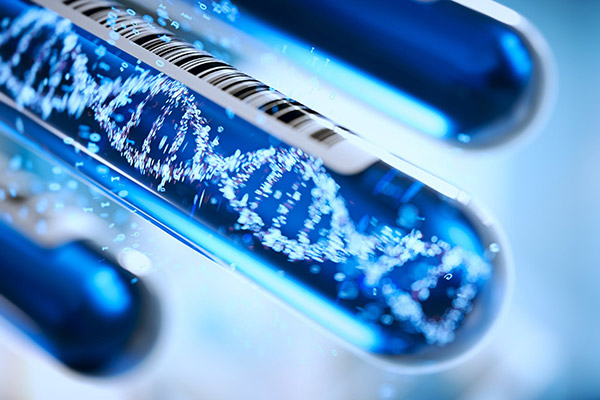
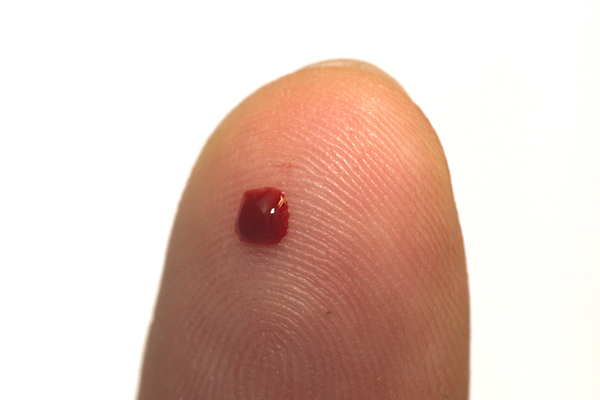
A small prick for prevention
One blood sample, one urine sample, and all important preventive examinations are done – that is the vision that drives the researchers in PRODI. They rely on criminalistic methods: just as every person has a unique fingerprint, there is a characteristic protein profile for every disease. Certain proteins that also occur in the healthy body are massively overproduced or altered by diseased cells. If these proteins and their profile are known, they can be specifically searched for, for example in the blood or urine. If diseases such as cancer or Alzheimer’s disease are detected at an early, but still asymptomatic stage, they can be treated much more gently and successfully.
Our areas of expertise
Biospectroscopy
In the competence area of Biospectroscopy, non-invasive, marker-free vibration spectroscopic (imaging) methods are used and further developed for the characterisation of tissue, cells and body fluids.
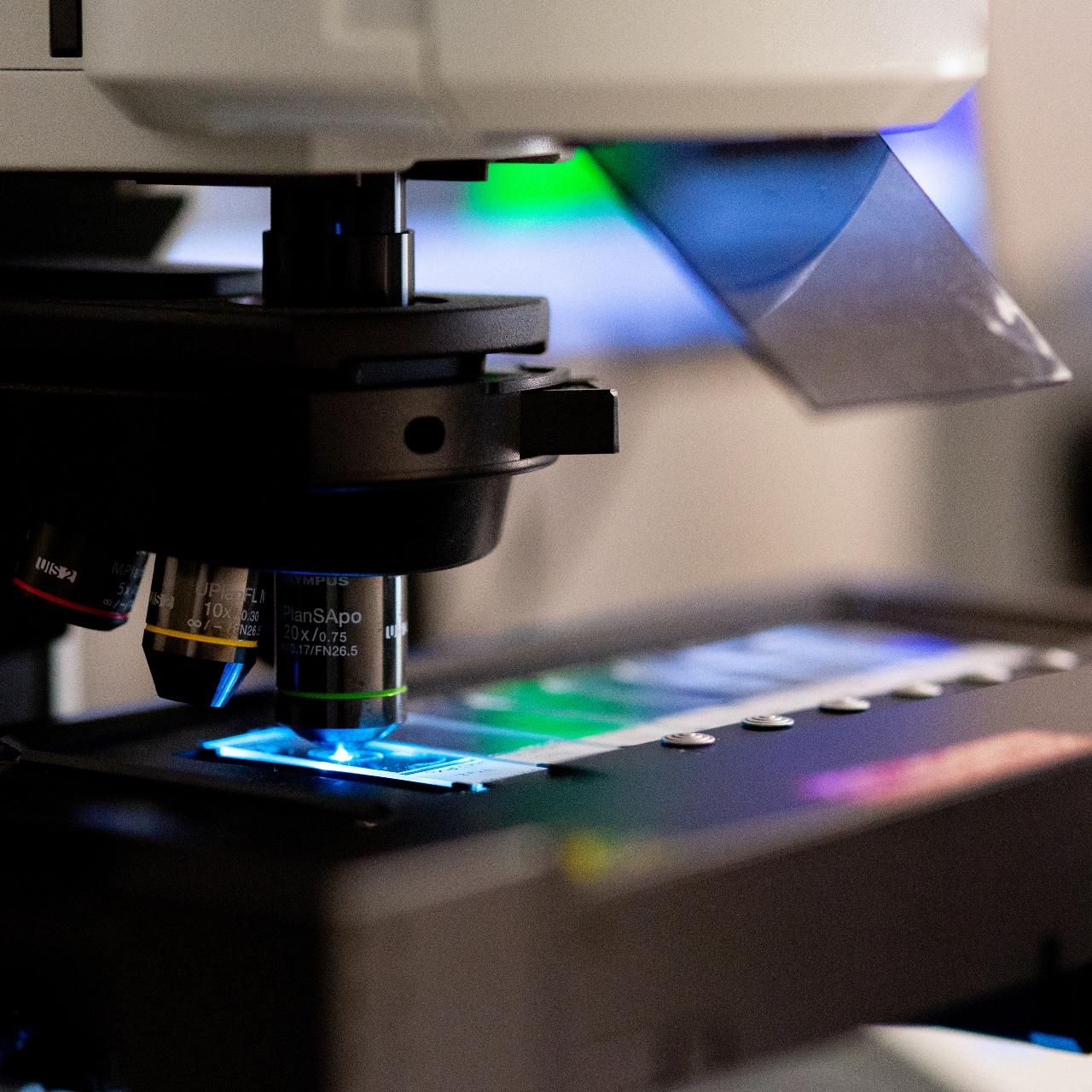
Experimental medicine
Experimental medicine brings together experimental clinical expertise in the field of pathological, oncological and neurological research.
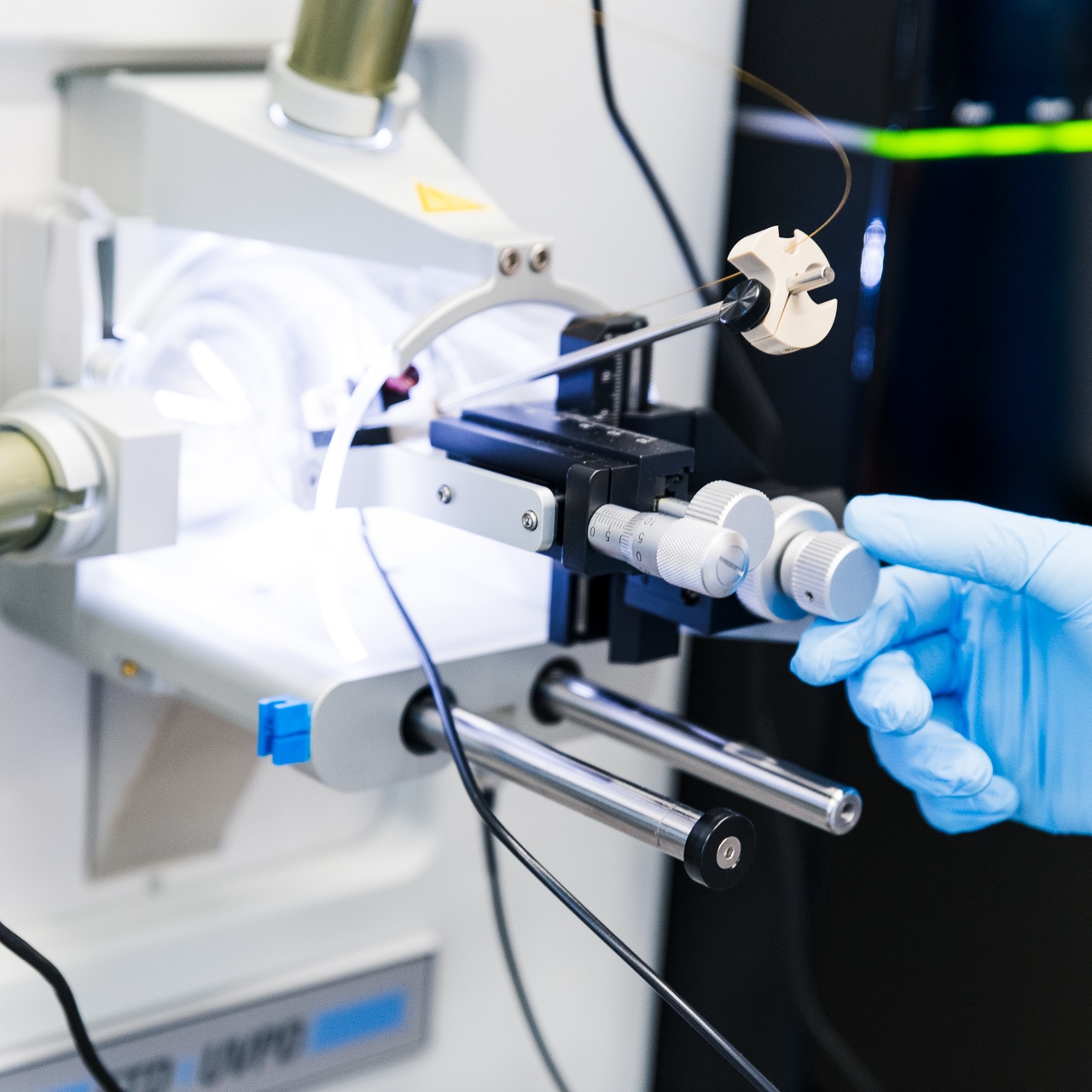
Medical proteome analysis
In the competence area of Medical Proteome Analysis, mass spectrometry-based and proteomics technologies are used and further developed for the characterisation of tissues, cells and body fluids.
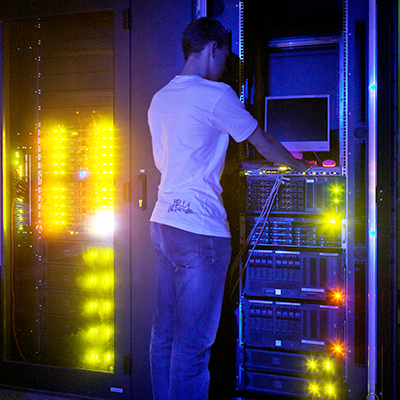
Bioinformatics
In the bioinformatics competence area, cross-platform data analysis and the development of new bioinformatics approaches take place. It bridges the gap between genome, transcriptome and proteome.
